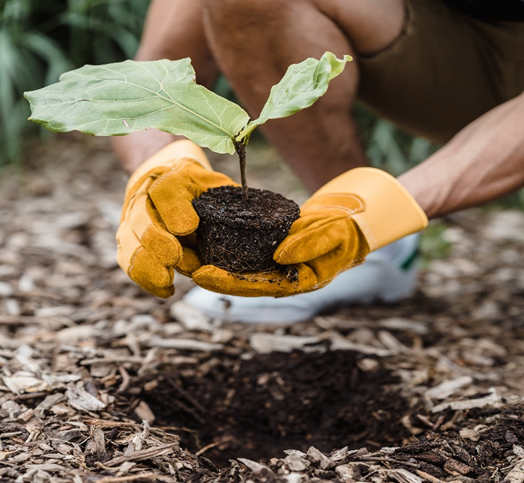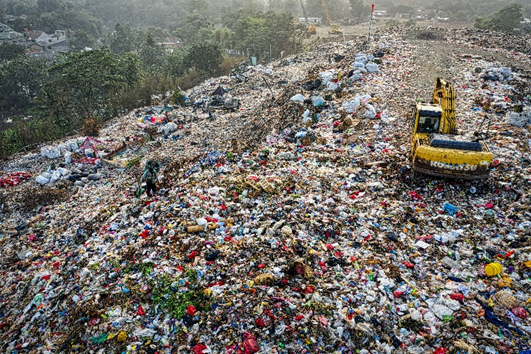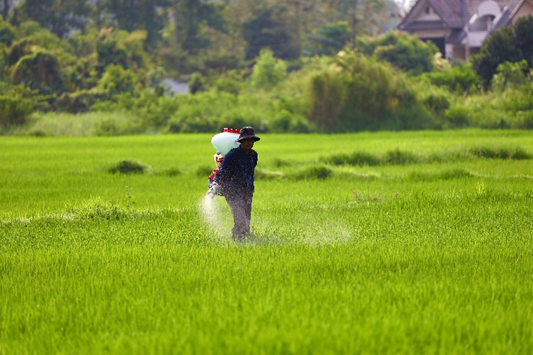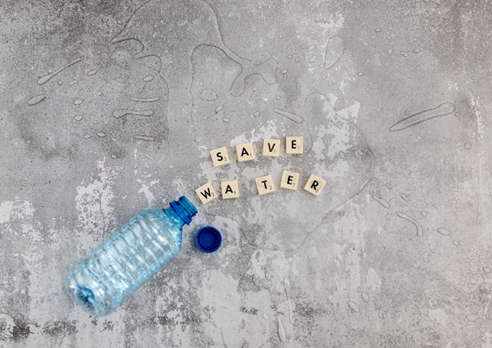Earth Day is celebrated every year to remind people that it is Earth that provides an ecosystem and atmosphere to live in and it is important that we care for it as it cares for us.
The primary goal of this day is to raise public awareness about the planet’s challenges and what we can do to improve its condition.
This year's "Invest in Our Planet" theme aims to encourage citizens,
corporations, institutions, and government agencies to work together to
conserve the environment.
Earth Day History & Nomenclature
On January 18, 1969, a well drilled by Union Oil Platform blew and spilled
three million gallons of oil off the coast of Santa Barbara, California. This
incident resulted in the deaths of over 10,000 seabirds, dolphins, seals, and
sea lions.
This incident drew the attention of environmental
activists all over the world, and Senator Gaylord Nelson of Wisconsin was
inspired to observe Earth Day. Denis Hayes organized the first Earth Day as a
national environmental teach-in in 1970.
Denis Hayes felt the need for a new name after the Name Environmental teach-in
failed to gather national attention. Julian Koenig, a volunteer, suggested
names and campaign slogans such as Ecology Day, Environment Day, Earth Day, and
E-Day. He stated that Earth Day was his favorite because it rhymed with his
birthday, which was on April 22nd. As a result, the term "Earth Day"
was invented.
Ways to participate in Earth Day 2023
1. Plant Trees
Trees provide oxygen, which is essential for human
survival on Earth. As a result, we can say that trees provide a basic
requirement for human survival.
Plants and trees fight climate change, which is destroying the planet.
They also filter the air we breathe and absorb all of the harmful chemical
gases and odors that are present in the environment. They also release oxygen
while absorbing toxic carbon dioxide.
They are beneficial to the diversity of flora and
fauna. They provide us with food, shelter, and numerous other benefits that we
cannot count on. Furthermore, they never ask for anything from us and prevent
soil erosion and water evaporation. They primarily control and manage the
effects of wind, sun, and rain.
So, on this Earth Day, plant a tree and help make our planet greener and
healthier.

2. End Plastics
Plastic pollution is becoming a more serious global
issue. Plastics are simple to produce, less
expensive than other materials, and can be moulded into any shape or form.
Because of these benefits, plastic has become a widely used and popular
substance. It has a number of negative effects on the climate,
including ocean pollution, land pollution, food pollution, and groundwater
pollution. It
is spreading like a disease with no cure. We must all recognize its negative
impact on our lives and work to stop it as soon as possible.
To save the environment from plastic waste, we should reduce and eventually
eliminate the use of plastic. Each of us must learn the
four R's:
1. Refuse -
Refuse to buy or accept things that could hurt you, your business, or the environment.
Refuse to use chemical solvents instead use water-based substitutes.
2. Reduce -
Avoid single-use plastics such as drinking straws
When you go shopping, don't forget to bring a cotton bag.
3. Reuse -
Reuse old plastic bottles/containers into creative ideas for home.
4. Recycle -
Recycling old plastic products can be used to create new plastic.

3. Stop Pesticides and chemicals in the garden.
Pesticides were
originally used to benefit human life by increasing agricultural productivity
and controlling infectious diseases; however, their negative effects have
outweighed the benefits associated with their use. Some of the
negative consequences of pesticide use include an increase in resistant pest
populations, a decline in beneficial organisms such as predators, pollinators,
and earthworms, changes in soil microbial diversity, and contamination of water
and air ecosystems.
To get rid of pesky garden pests, you don't need chemicals: companion
planting, natural remedies, and attracting predators to your garden can save
you money while also saving your plants.

4. Conserve Water
Believe it or not, while water covers 71% of our
planet, only 3% of it is fresh water. Only 1% of that 3% is available, with the
remaining 2% trapped in glaciers and ice caps. This means that 1% alone
must be able to support all of the life in the world, including all humans,
animals, and plants. Fresh water is not a renewable resource. The more the
population grows, the less we will have if we don’t conserve it. We are wasting a lot of water in our
day-to-day life. We
totally depend on water for multiple purposes. Be
responsible and conserve water each day. Avoid wasting water by using only what
is necessary.

There are many ways in which individuals can
contribute towards Mother Earth. Not just on Earth Day, practices should be
carried out every day for the protection of our Planet.
Invest in long-lasting light bulbs. GHG emissions are decreased by using
energy-efficient light bulbs. Whenever you leave a room, be sure to flick the
switch to the off position.
Instead of burning or throwing away leaves, place them in a compost heap. Yard
waste that is too large for your compost bin should be taken to a yard waste
recycler.
Maintain all appliances on a regular basis- This reduces energy consumption and
the costs associated with future repairs and/or replacements. Moreover, it
lessens carbon footprint. Start your own Organic Garden- You will save even more
money at the grocery store, contribute to your home's own green lung, and even
improve your physical and mental health by immersing yourself in Mother
Nature's intended human practices.
We won't be able to survive on the earth tomorrow if we don't protect the
ecosystem today.
No comments yet. Start a new discussion.